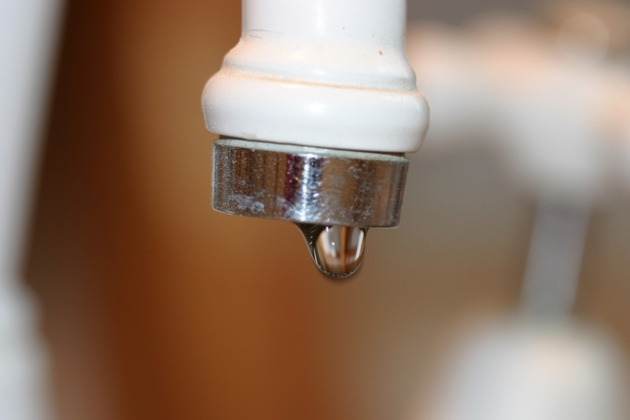With more than 30 years’ experience in the residential and commercial water treatment industry, Mark Nelson is a Class 1 Drinking-Water Operator and a CBWA (Canadian Bottled Water Association) Certified Plant Operator. As founder and president of Nelson Water in Ottawa, Mark focuses on dealing with challenging water treatment system designs for problem water. He also heads the largest water bottling plant in the city of Ottawa with a delivery network throughout the Valley.
Regardless of where you live in Canada, you will discover that not all tap water is created equal. Some users have water that is classified “soft” while others have “hard water.” Both types of H2O behave in different ways, impacting cleaning power and the potential for corrosion. Unfortunately, there is no clear guideline for which water is best, as soft water isn’t always the best option, and hard water is typically not better than soft. To accurately assess your options, you should know the basic principles and how hardness impacts your tap water.
The Hard Facts of Hard Water
Water hardness is calculated by measuring the levels of minerals dissolved in it. These are characteristically magnesium and calcium, but many other minerals can also impact the hardness. Statistics show that 85% of water supplies in the North American continent are classified as hard.
Soft water contains very few extra elements. This can be a naturally occurring state or as a result of water treatment systems that have removed the magnesium and calcium particles.
How Water Hardness affects Cleaning
The most perceptible result of water hardness is in the course of cleaning. Hard water particles tend to react with soaps and detergents, reducing their effective cleaning power and resulting in stains, soiling or dirty dishes. You may in fact find that you are using more and more detergent for laundry and dishes with little to no effect. Conversely, softened water tends to reduce the need for soap or detergent by up to 50%. The reason for this is that the water does not contain minerals that interact with the detergent. Soft water may also allow you to wash at lower temperatures with less detergent to achieve better stain removal.
Cooking with Water Hardness
Although water hardness is not associated with any detrimental health issues, it can have an impact on the taste and appearance of food and especially drinks prepared with water. You may find that your tea and coffee have an odd aftertaste or that pots have a scale or film left on them after cooking. These manifestations tend not top happen with soft water.
Bathing and Water Hardness
Hard water can also have an adverse effect on the performance of body soaps and shampoos. You may find that your skin feels particularly dry and itchy as if a film were left after showering or bathing. You may also notice that your hair feels dull and lifeless. Soft water tends to lather up far more effortlessly, reducing skin irritation and improving the aesthetic appearance of your hair. Hard water can also create a film and scale build up in bathtubs and showers, which increases the need for cleaning with chemical products.
Hard Water vs. Energy Efficiency
Another noticeable side effect of hard water is energy efficiency or actually the lack thereof. Incredibly, gas water heaters can experience an 8% loss in efficiency with every 5 grains of hardness per gallon. This represents an 8% increase in energy costs when a household uses 100 gallons of hot water each day (quite common in Canada.) The underlying reason for this is that hard water causes scale and residue to build up around heating elements in water heaters, washing machines and other water using appliances. This build up forces the appliance to work much harder and use more energy to heat the water to the same temperature, compromising energy efficiency and increasing the risk of breakdown.

